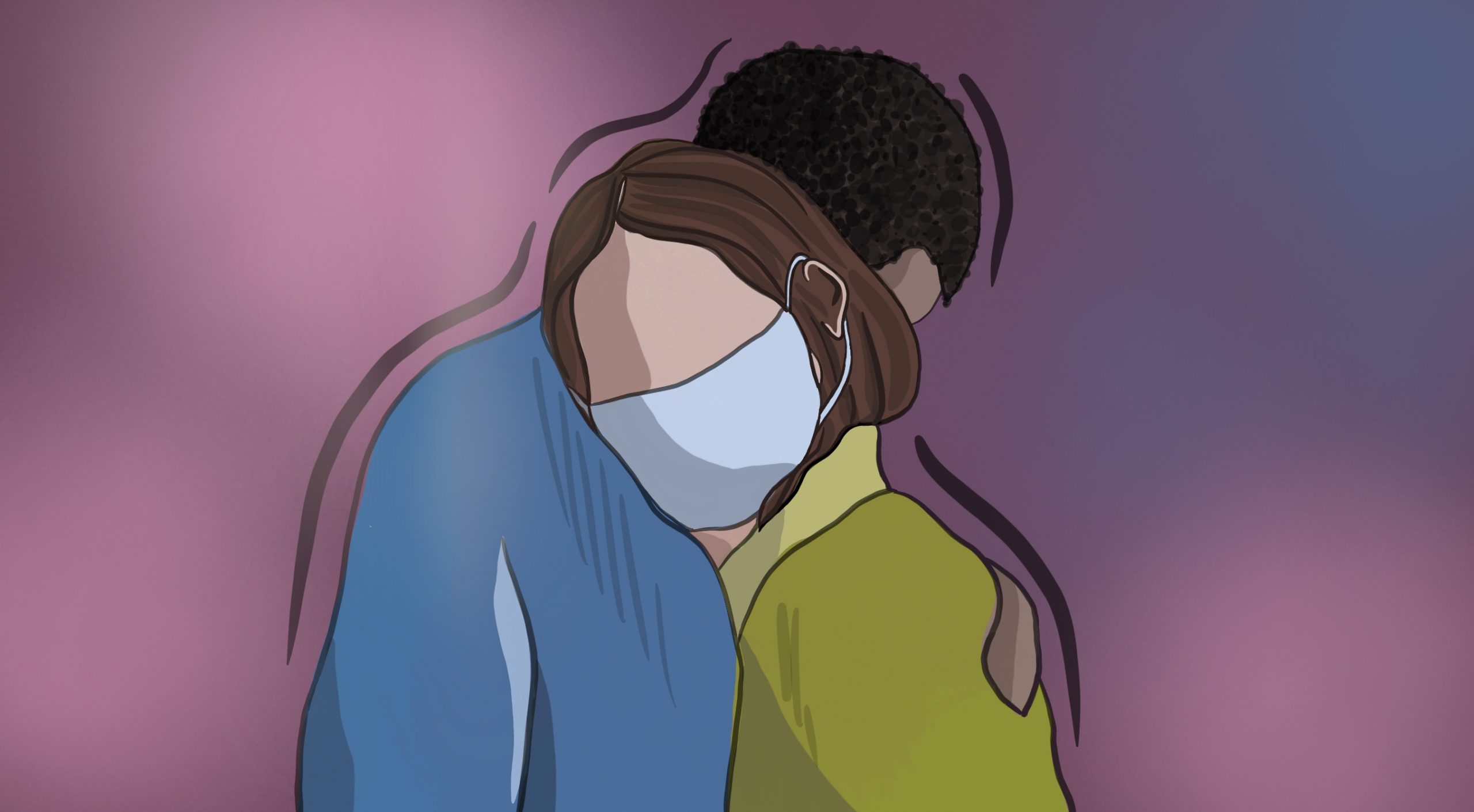No large parties. Check. No late nights in the heart of The 6ix. Check. Two people per elevator. Check. But what about sex?
As we are nearing the end of September during the first-ever fall term hosted virtually, we wearily progress into the sixth month of the pandemic. Sex is a part of campus culture, and we are slowly seeing bars, clubs, and other late night spots shrink into oblivion.
This pandemic has tested our character in terms of our relationships with our family and friends. Healthy sexual relations are “a very important component of our humanity,” stated Toronto Councillor Wong-Tam, who urged the city’s sexual clinics to be open right when Stage Three arrived.
Dr. Jessica Wood, a PhD of applied sociology specializing in sex education, has stressed the importance of both enhancing and maintaining sexual health — while doing so safely — especially during a pandemic.
“Our sexual health, connecting with others, and engaging in relationships are beneficial to our mental health and well-being. This means it’s really important for people to balance their needs for both connection and safety during the pandemic and to help them identify good strategies that work within the public health guidelines,” Dr. Wood states.
Some research indicates that COVID-19 is present in sperm and feces, but so far there’s no evidence that it can be transmitted through sex.
These guidelines recommend refraining from sexual activity altogether if you or your partner feel sick, but they also promote safe sex practices such as masturbation and virtual sex (video dates, sexting, phone sex).
At this point, we all know that meeting up virtually and sexting are safer than physically meeting, however, we can’t always resist the urge. And that’s why there are also safe sex guidelines for in-person sexual activity.
Methods to adopt for lowering your chance of contracting COVID-19 during sex include: communicating to your partner if you feel unwell; washing your body and hands with soap water before and after sex; wearing a face mask; and refraining from positions that allow face-to-face contact, to name a few. “Using condoms, lubricant, and dental dams may help to further reduce the chances by minimizing contact with saliva, semen, feces, blood and/or internal genitalia/vaginal fluids during sex,” according to the BC Centre for Disease control.
Though Dr. Wood explains: “Some research indicates that COVID-19 is present in sperm and feces, but so far there’s no evidence that it can be transmitted through sex (i.e., through barrier-free oral, anal, or vaginal sex). We do know that it is transmitted via respiratory droplets, through close personal contact, which is what most types of sex involve.
It might be harder to get tested for STIs as access to some services may be limited, and guidelines around isolation may make it more challenging for people to get the services they need for STI treatment and care.
“However, it is important for us to consider what kind of safer sex strategies we want to be engaging in right now in order to decrease our risk of getting or passing an STI because access to healthcare may be limited, especially in areas where we are seeing rising case numbers.”
COVID-19 also complicates the ever-present dangers of sexually transmitted infections (STI). Guidelines are there for a reason, and the last thing anyone needs is another reason to visit a hospital with the COVID-19 pandemic still running rampant.
“It might be harder to get tested for STIs as access to some services may be limited, and guidelines around isolation may make it more challenging for people to get the services they need for STI treatment and care,” Dr. Wood says.
Sofija Popovich is a third-year computer science student at the Lassonde School of Engineering and shared some of her thoughts on whether or not COVID-19 has influenced her relationship.
“No, it hasn’t affected our relationship in any way. We just take extra precautions like washing our hands frequently, using hand sanitizer when we’re out, wearing masks where it’s mandatory, etc.,” says Popovich
Maintaining a healthy lifestyle including sex does not does not seem unfathomable as long as you take the right precautions. As Dr. Wood states, the key is constant communication with your sex partner and taking the appropriate measures to protect yourself.




